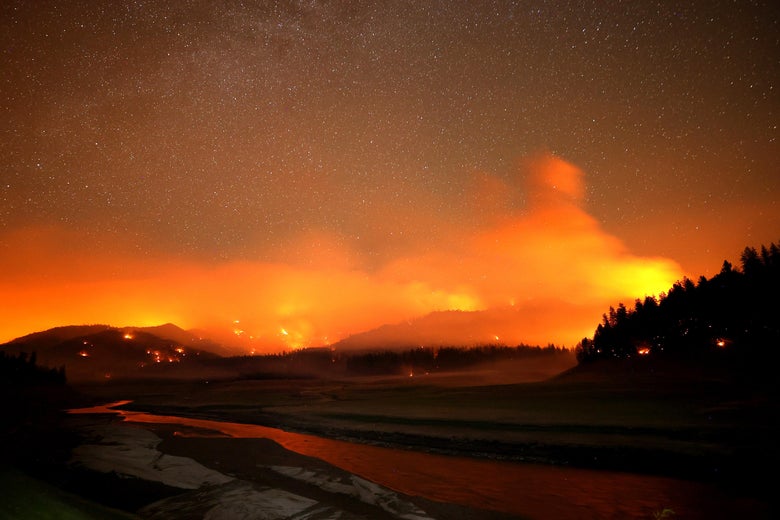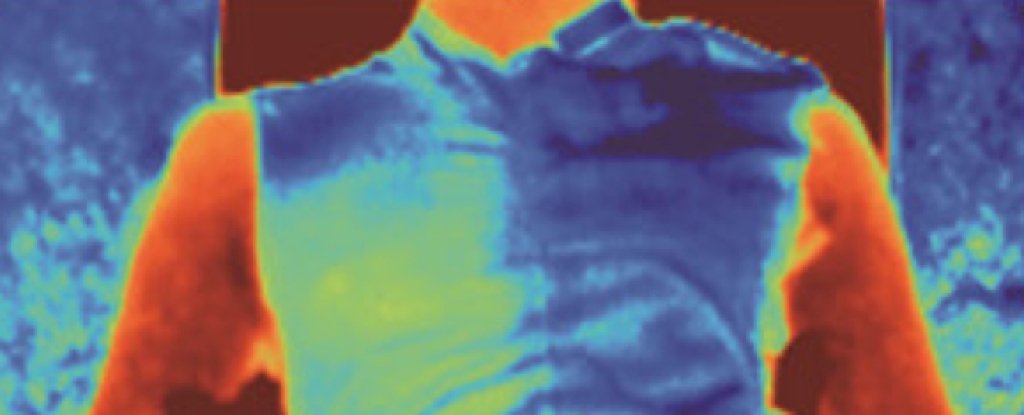
Celsius
The degree Celsius is a unit of temperature on the Celsius scale, a temperature scale originally known as the centigrade scale. The degree Celsius can refer to a specific temperature on the Celsius scale or a unit to indicate a difference or range between two temperatures. It is named after the Swedish astronomer Anders Celsius, who developed a similar temperature scale in 1742. Before being renamed to honour Anders Celsius in 1948, the unit was called centigrade, from the Latin centum, which means 100, and gradus, which means steps. Most major countries use this scale; the other major scale, Fahrenheit, is still used in the United States, some island territories, and Liberia. The Kelvin scale is of use in the sciences, with 0 K representing absolute zero. Since 1743 the Celsius scale has been based on 0 °C for the freezing point of water and 100 °C for the boiling point of water at 1 atm pressure. Prior to 1743 the values were reversed.













